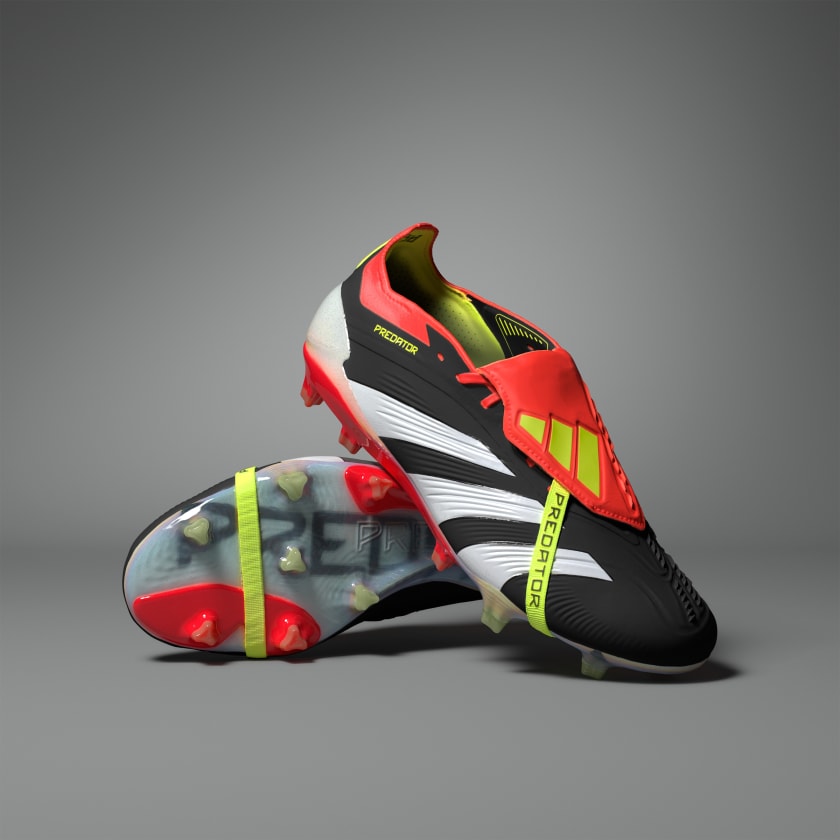A Comprehensive Guide to the adidas Predator Cleats and How They Can Elevate Your Game
The adidas Predator cleats have been a staple in the soccer world since their introduction in the 1990s. Known for their innovative design and performance-enhancing features, these cleats have been worn by some of the greatest players in the sport. This comprehensive guide will delve into the history of the Predator line, explore the technology behind them, and discuss how they can take your game to the next level.
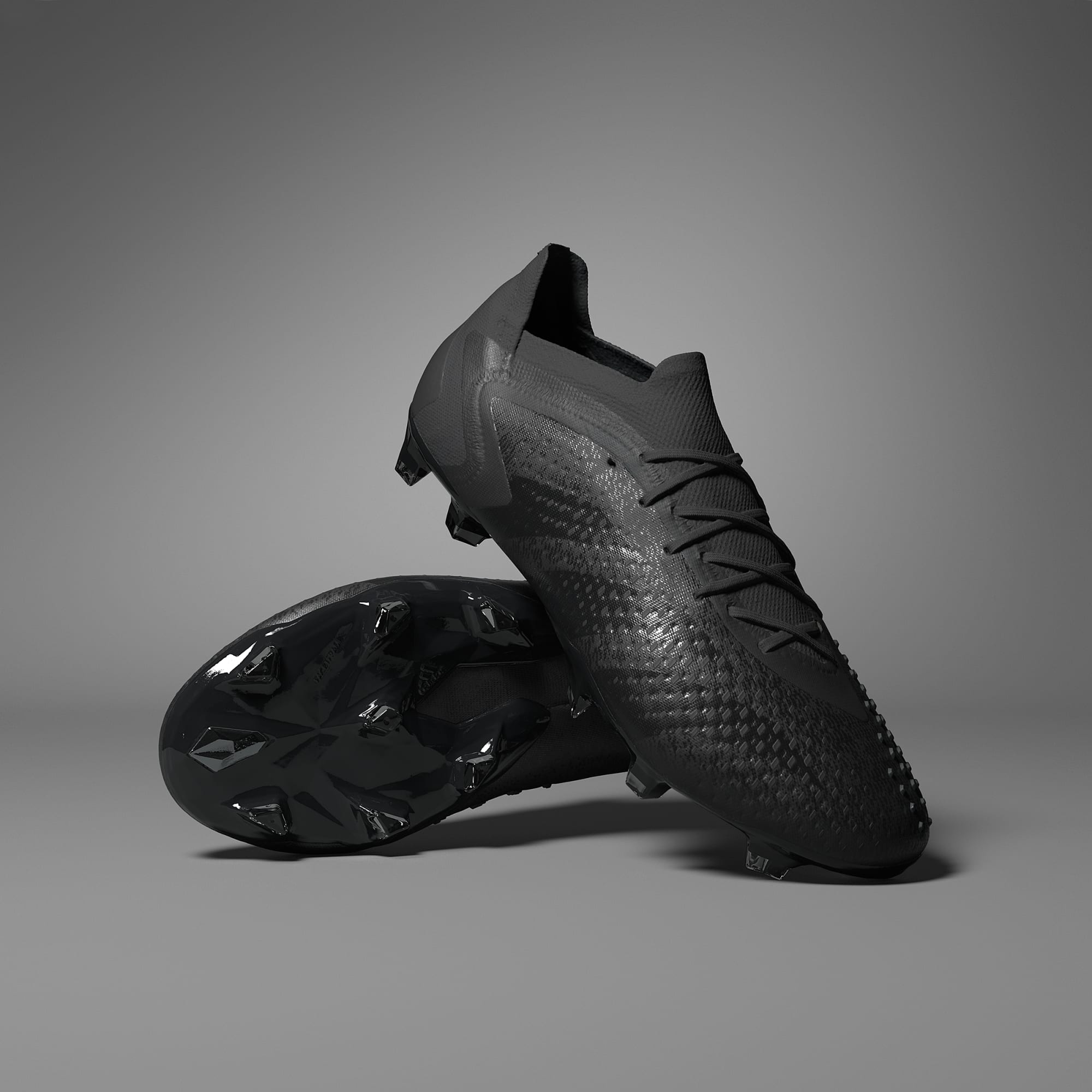
History of the adidas Predator Cleats
The Predator line was first launched in 1994, with the goal of providing players with enhanced control on the field. Over the years, the Predator series has evolved, incorporating new technologies and designs to meet the demands of modern soccer. From the rubber “Kangaroo” leather to the “Demonskin” rubber fins, each iteration has pushed the boundaries of what’s possible in a soccer cleat.
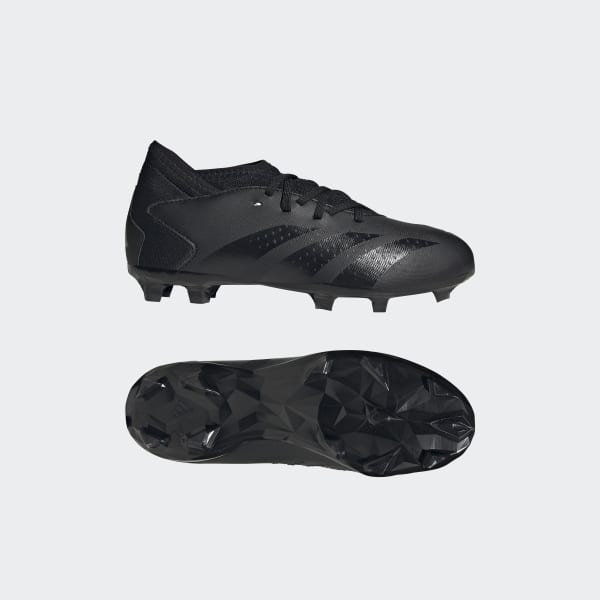
Technological Advancements in adidas Predator Cleats
adidas has consistently integrated cutting-edge technology into the Predator cleats. From the introduction of the “GripTex” web in 2010 to the “ControlFrame” chassis in 2014, these innovations have provided players with better touch, stability, and traction. The latest models also feature a “Demonskin 2.0” technology, which offers enhanced grip and control.
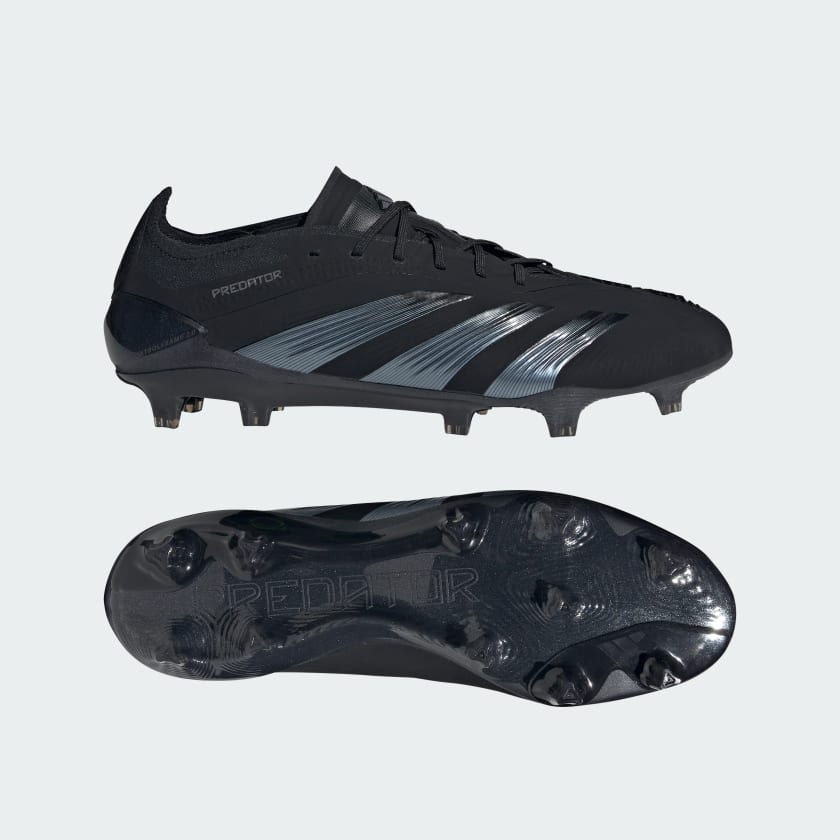
How adidas Predator Cleats Can Elevate Your Game
Whether you’re a professional player or a weekend warrior, the Predator cleats can offer significant advantages. The combination of superior materials, innovative technologies, and ergonomic designs allows for better ball control, improved agility, and increased comfort on the field. By choosing the right Predator model for your playing style, you can unlock your full potential and elevate your game.
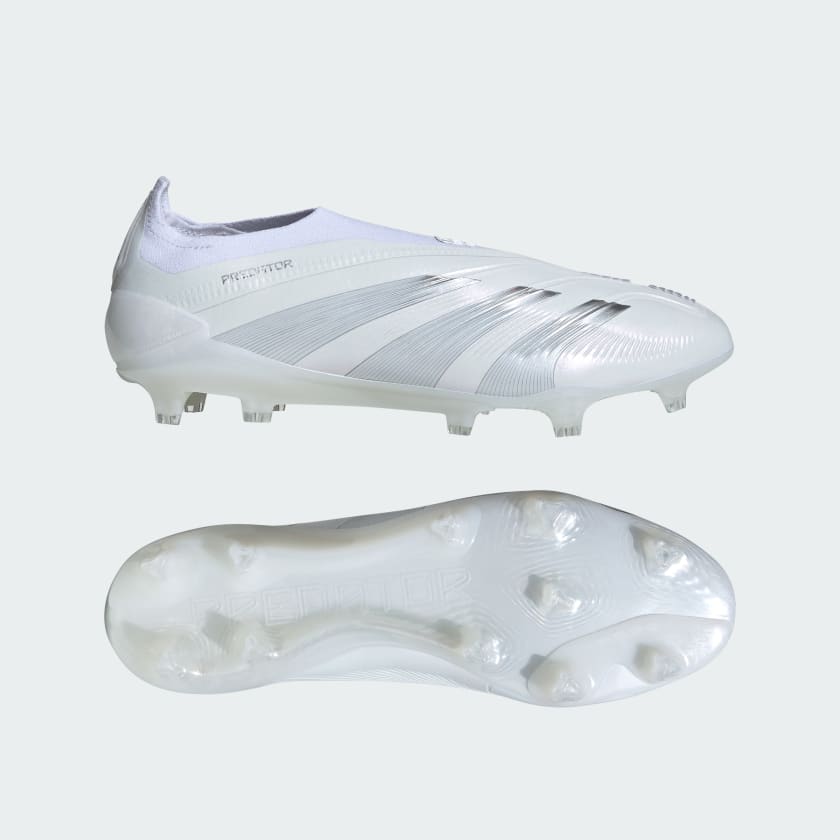
Selecting the Right adidas Predator Cleat for You
adidas offers a variety of Predator models to suit different preferences and playing styles. From laceless options to high-top designs, each model has its unique features and benefits. To select the right cleat, consider factors such as your position on the field, the type of surfaces you play on, and your personal comfort preferences.
